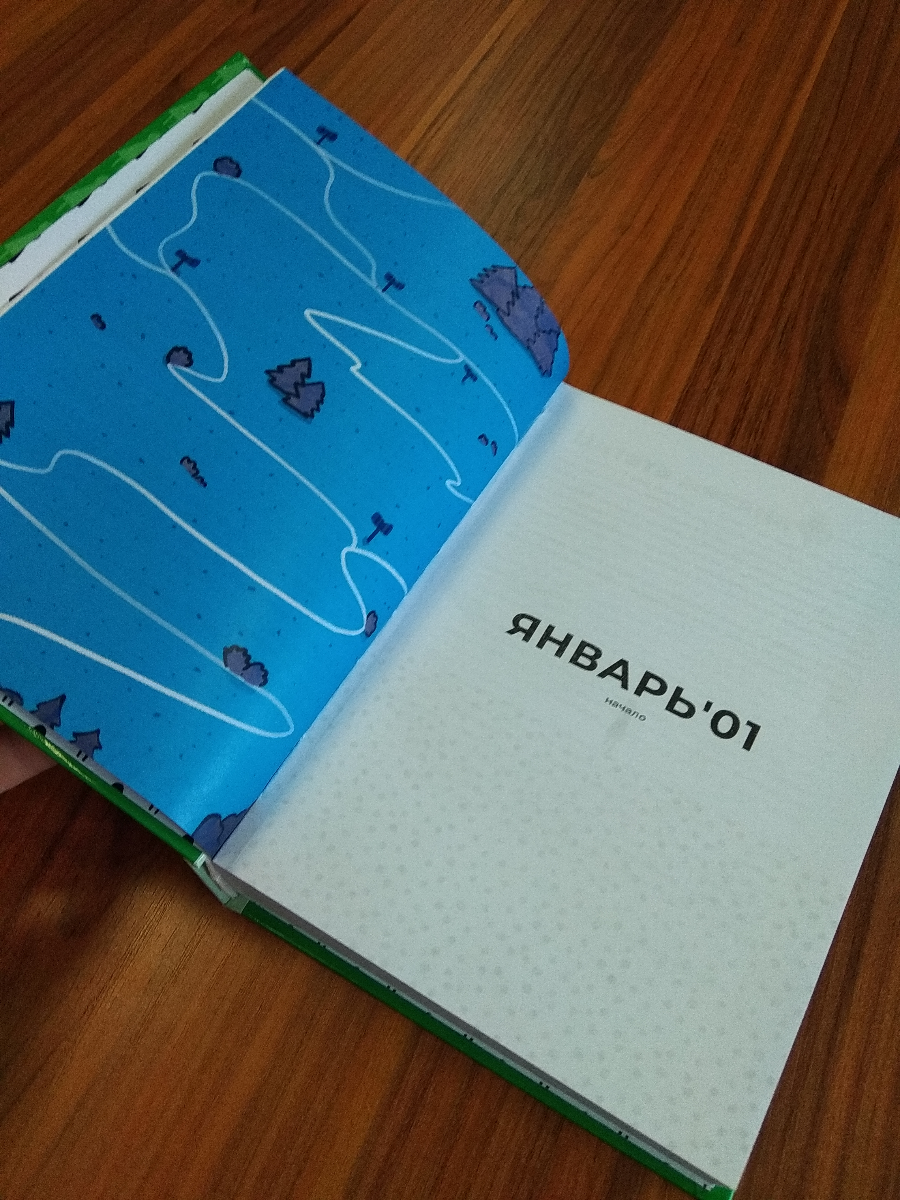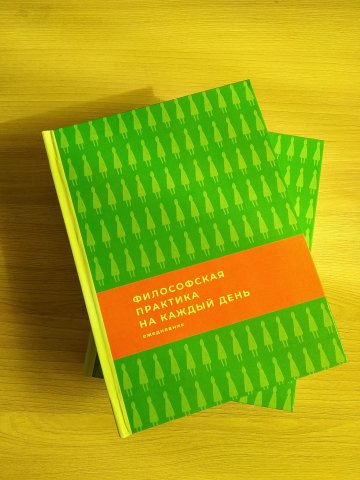The Philosophical Practice for Every Day Diary was published at the Department of Philosophy of the Institute of the Institute of Media, Social Sciences and Humanities. This is one of the main results in the Department’s fulfilling the strategic development the research field of the Philosophical Practice in Science and Education.
The book was published not only in a traditional paper format, but also in a modern format, as a mobile app for gadgets on the OS and Android platform. Today, the beta version is available for free in GooglePlay.
The Diary is personalized and opens for students both a “treasury” of philosophical thought and an excellent toolkit for self-development and self-improvement.

“Due to the fact that today there are plenty of collections of aphorisms and quotes by philosophers, and many of them are available online, the team of the authors decided to create not just a simple set of quotes. The hypothesis for creating the Diary was the assumption that a modern person living a versatile daily life in a metropolis can find time for daily philosophical self-analysis if only choosing a convenient form for this,” said Ekaterina Milyaeva, author of the idea of the Diary, and Senior Lecturer of the SUSU Department of Philosophy.
The Diary represents an author's selection of texts on 12 topics: love, philosophizing, choice, integrity, and more, which are divided into groups by months of the year. Each topic consists of a piece of text assuming the reflection for a month. At the beginning of each week, texts for reflection for a week are presented. Every day begins with a short quote that sets the thought of the day. The reader is provided with several work algorithms. The first is based on E. Fromm’s self-analysis technique.
In this method, the stage-by-stage approach and development of the habit of self-reflection are important. The work begins with the very first text and goes subsequently to the last, the reader should not skip bits of information and should not get ahead. One day is equal to one piece of text. Every day you need to spare some time (from 15 to 60 minutes) and to spend this time reflecting alone. This may be the time before going to bed, a lunch break, in public transport or on the way to work or home.
“According to the idea, our diary, in paper or electronic format, can help everyone travel the philosophical path on their own; and each path will be individual, unique, and personalized. The reader is advised to use the most suitable method of concentration: meditation, deep breathing, affirmations, and so on. Next, s/he should focus on the featured fragment of the day, week, or month. Read it out loud, if possible, slowly pronouncing each word. Read a few more times. Listen to yourself. Then answer the questions: How do the philosopher’s words respond in me? How does the fragment of a day coincide with a fragment of a week and a fragment of a month? What do I see in the words of the philosopher? What do I feel? Can my personal experience, the memories of which these words evoked, become important for others? Or become something bigger, more important? Then it is recommended to read the fragment one more time. If the reader wants s/he can record his/her thoughts, use a relevant photo or picture, tag the title of the movie or song. At the end of each week and month it is recommended to summarize the thoughts, concluding the daily experience of philosophical practice,” said Еkaterina Milyaeva.
.png)
About twelve academics, who teach philosophy in the leading universities in Chelyabinsk, Perm, St. Petersburg and Ekaterinburg (SUSU, USPU, ChSIC, SUSHPU, MIDiS), took part in the creation of the paper format of the Diary.
Lyudmila Aleksandrova, Director of the School of Management of MIDiS; Inga Khabibullina, Head of the Graphic Design Workshop of MIDiS; Valeria Prokhorova, 4th-year student of MIDiS illustrated the Diary.
Web-developer: Nikita Lopatin, 2nd-year student of MIDiS.
Compiled by: Olesya Blinova, Associate Professor of the Department of Philosophy and Acmeology of the Ural State Pedagogical University; Veronika Bogdanova, Associate Professor of the Department of Philosophy and Culture Studies of the South Ural State Humanitarian Pedagogical University; Sergey Borisov, Head of the Department of Philosophy and Culture Studies of the South Ural State Humanitarian Pedagogical University; Svetlana Dinaburg, Senior Lecturer of the Department of Philosophy and Law, Perm National Research Polytechnic University; Artur Dydrov, Associate Professor of the Department of Philosophy of SUSU; Vasilisa Klenovskaya, Assistant Professor of the SUSU Department of Philosophy; Olga Pashchenko, Associate Professor of the SUSU Department of Philosophy; Regina Penner, Associate Professor of the SUSU Department of Philosophy; Kirill Rezvyshkin, Associate Professor of the SUSU Department of Philosophy; Dmitry Solomko, Associate Professor of the SUSU Department of Philosophy; Natalya Suleneva, Professor of the Department of Acting, of the Faculty of Screen Arts of the St. Petersburg State University of Film and Television.




